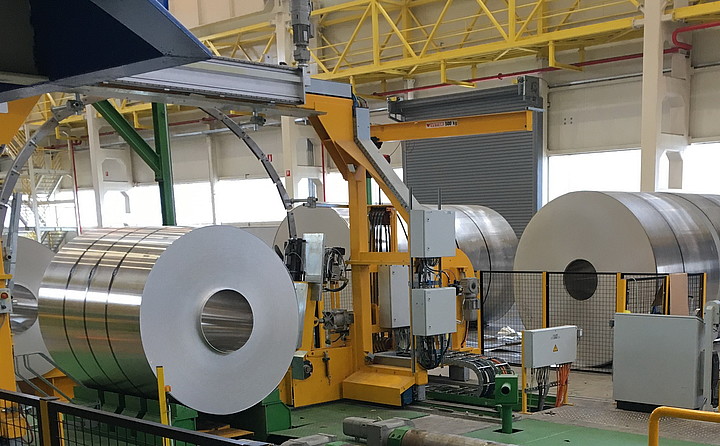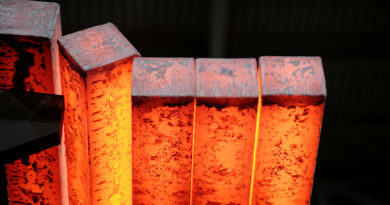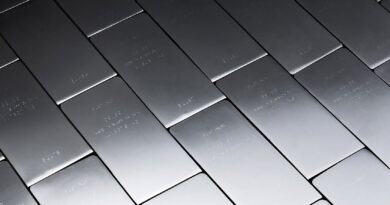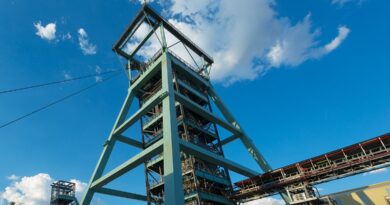Nickel and aluminium demand upped by growth in electric vehicles
The electric vehicle market is one of the fastest-growing global industries as more consumers look to play their part in reducing their carbon footprint. The latest projections for 2022 show that global sales of electric passenger vehicles are projected to surpass 10.5 million, exceeding 2021 levels by about 4 million. By 2030, electric vehicles are also expected to occupy 40% of global sales for new cars.
Metals like aluminium and nickel play a key role in their development, with attention now turning to recyclable materials to power the next generation of everyday travel. Prices for the likes of nickel and aluminium are through the roof right now with demand significantly outweighing supply and there appears to be no sign of slowing down either.
But are there other factors contributing to the inflation of metal prices?
SUSTAINABILITY IS HERE TO STAY
More and more companies are buying into sustainability as a solution, not as an idea.
Within steel and aluminium, we are now at a point where so much money has been invested by governments and businesses that sustainability is no longer an option, it’s the way the industry is moving.
With investment in new technologies, businesses in the sector are now working actively towards being carbon neutral and the change in processes involving the production of metals like nickel and aluminium are key in driving this industrial shift.
While nickel and aluminium are highly recyclable materials, the process in which they are produced dampens the industry’s carbon neutral efforts. Nickel is a key component in EV batteries and as such, is singlehandedly the biggest driver for change in processes. The old processes weaken the carbon-friendly argument of a car that doesn’t damage the environment when the journey to get there did just that.
OTHER SECTORS DICTATE PRICES
We, as an industry, are facing an unusual circumstance where we are seeing prices being dictated by industries that many businesses, similar to The Metals Warehouse, have no direct involvement in.
With a change in how the likes of nickel are produced, this will naturally drive prices up further than we are seeing currently. Hundreds of millions of tons of stainless steel are produced every year, which contains nickel.
As a result of its lightweight structure compared to steel, aluminium, in particular, is going to be used far more in electric vehicles because the heavier the car, the more it is going to drain the battery so demand for aluminium is going to go up also. By 2035, it’s estimated that nickel production for electric vehicles will surpass nickel production for stainless steel which is astounding to think about.
In terms of The Metals Warehouse, by default, we think our prices are going to remain high in the products that we do offer. While this is because of an industry that we don’t really have anything to do with, it is the principle of supply and demand. It’s as simple as that.
WHAT’S NEXT
From a number of factors, it seems like prices will continue to rise in metals like nickel and aluminium with unprecedented demand from the EV space. Like most other industries it’s looking like sustainability is going to play a really key role moving forward and it’s very much time for the industry to sink or swim in that regard. Sustainability cannot be seen as an optional bonus, rather a core principle for changing how things are done, for the better.
Inflated costs for metals such as nickel and aluminium, very much seems like the inevitable next step towards a more sustainable industry.




